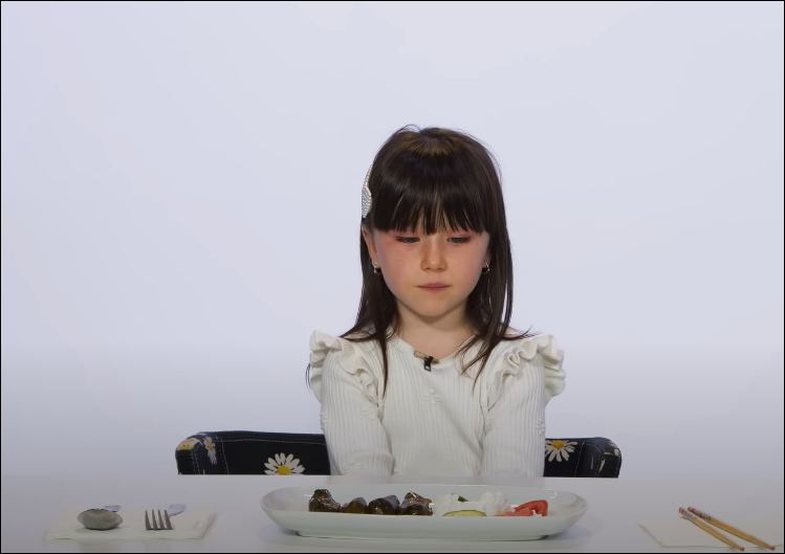
You can like vegetables today, be it vegetarian or vegan or have them as part of your daily diet. But probably, sometime in childhood, you experienced "nightmares" when it came to eating cauliflower, okra or japraks.
In the first episode of the children's program " Kosherja by Anabel ", a production of Anabel Entertainment and Nilor Film, the children were faced with a challenge in which they had to eat japraks. Except for one of the children, Ethan, the rest found it impossible to eat japraks and not in vain. There are several scientific reasons why children do not like vegetables.
Children need a lot of energy, much more than adults. Based on this fact, they instinctively choose foods that can provide them with more energy (especially in the form of glucose, their favorite fuel). Vegetables are not high in calories, which means that they do not give much energy. Biologically, it does not make much sense for children to want foods that do not provide them with energy.
Another biological factor that makes children dislike vegetables is their taste. Vegetables have a taste that is slightly bitter due to the content of calcium and other ingredients. They, unlike adults, find it hard to like the bitter taste so they avoid it.
Referring to evolution, grief is a sign of a possible poisoning. So many studies point out that children’s natural instincts make them dislike vegetables. In addition, their ability to detoxify is smaller, so they are more sensitive to these foods, unlike adults.
It is worth noting that over time and with age, our senses change, so it is no wonder that as adults we enjoy vegetables. In addition, adults have developed a tolerance for bitter taste through repeated exposure, unlike infants.
Another reason why children do not prefer vegetables may be related to the psychological conception of paired accompanying learning. They tend to associate foods with positive memories. For example, they associate ice cream, cake or candy with holidays, vacations and bonuses. So they tend to associate vegetables with less positive memories, such as parents harassing them at lunch and forcing them to eat "those green things." This makes children see sweet foods as a reward, while vegetables as something common and obligatory.
Fortunately, with age, people change their eating habits.
What to do if children refuse to eat vegetables:
- reduce the bitter taste;
- make the food look delicious, use creative methods;
- use often.
Burimet: Spoon University, Huffington Post







